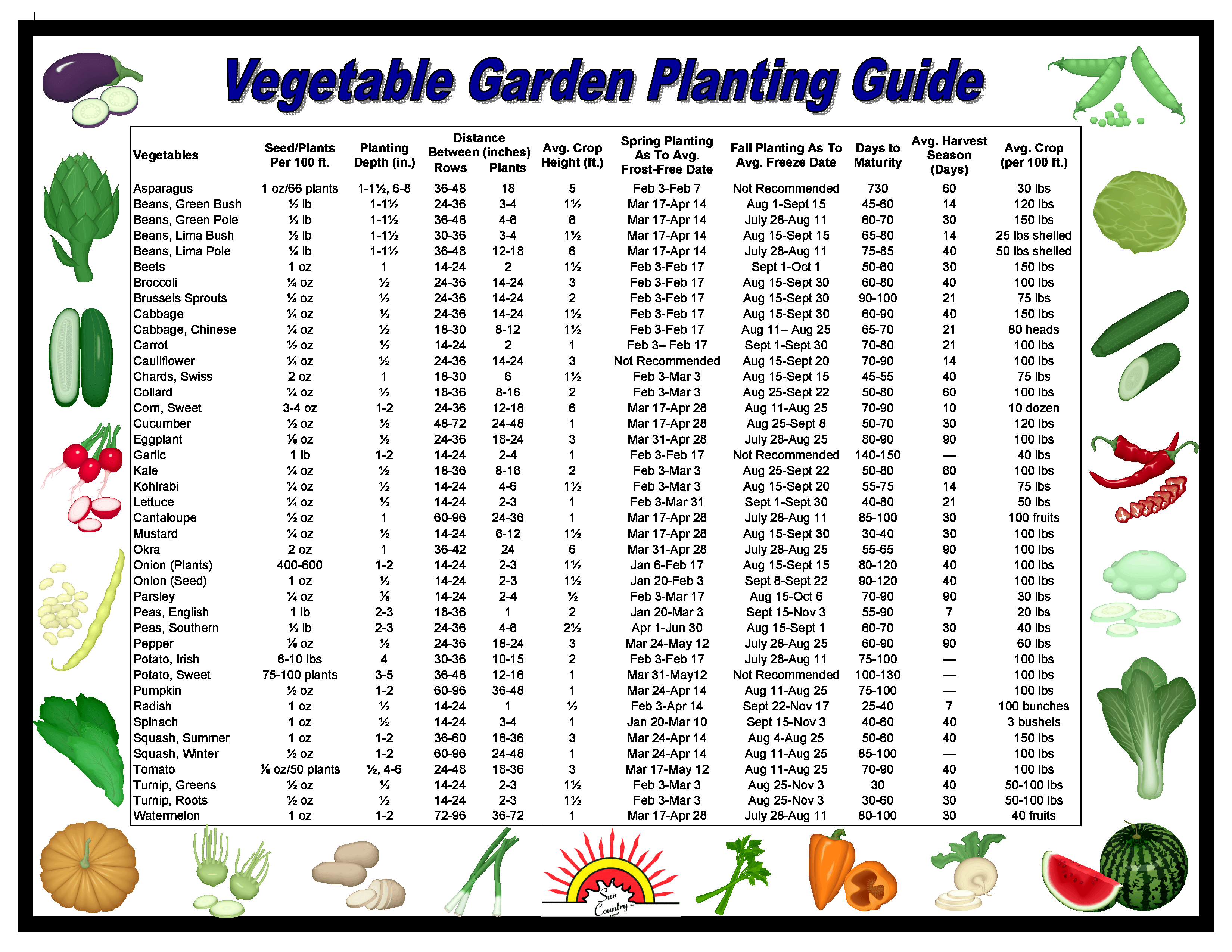Crisp air, vibrant foliage, and the promise of a bountiful harvest – fall in North Texas presents a unique opportunity for cultivating a thriving garden. But timing is everything. Knowing precisely when to sow those seeds is the key to maximizing your autumn yields.
Unlike spring planting, fall gardening in North Texas requires a strategic approach that considers the region's specific climate. The lingering summer heat and the arrival of the first frost dictate the narrow window of opportunity for successful planting. This delicate balance makes understanding the ideal planting schedule crucial for your fall garden's success.
North Texas gardeners have a long tradition of embracing the fall planting season. Historically, this period allowed for extending the growing season and enjoying fresh produce well into the cooler months. From hardy greens to root vegetables, fall gardens provided sustenance and variety to the local diet. Today, the practice continues, driven by a desire for fresh, locally grown food and the satisfaction of nurturing a thriving garden.
One of the central challenges in North Texas fall gardening is navigating the region's unpredictable weather patterns. Sudden temperature drops or extended periods of warmth can impact seedling growth and overall harvest yields. Therefore, understanding the specific needs of each plant variety and adjusting the planting schedule accordingly is paramount. Selecting the right crops for fall planting is essential. Cool-season vegetables like lettuce, spinach, kale, carrots, and radishes thrive in the milder temperatures.
Calculating the optimal planting time involves working backward from the first expected frost date, which typically falls between mid-November and early December in North Texas. Each vegetable has a specific "days to maturity" listed on its seed packet. By subtracting this number from the estimated first frost date, you can determine the ideal planting window.
For example, if your chosen lettuce variety has a 70-day maturity period and the first frost is expected around December 1st, you should aim to plant your seeds around September 22nd. This allows the lettuce to reach maturity before the colder weather sets in.
Three key benefits make fall gardening in North Texas particularly rewarding: extended growing season, fewer pest problems, and improved flavor profiles. The cooler temperatures often lead to sweeter and more flavorful produce.
Action Plan for a Successful North Texas Fall Garden:
1. Know Your Frost Date: Consult local resources or online tools to determine the average first frost date in your area.
2. Select Appropriate Crops: Choose cool-season vegetables that thrive in milder temperatures.
3. Prepare the Soil: Amend the soil with compost or other organic matter to improve drainage and fertility.
4. Calculate Planting Dates: Use the "days to maturity" information on seed packets to determine the ideal planting time.
5. Monitor and Adjust: Keep an eye on weather forecasts and adjust your watering schedule as needed.
Recommendations: The Texas A&M AgriLife Extension website offers valuable resources and information specific to North Texas gardening.
Advantages and Disadvantages of Fall Gardening in North Texas
| Advantages | Disadvantages |
|---|---|
| Extended Growing Season | Unpredictable Weather |
| Fewer Pests | Potential for Early Frost |
| Improved Flavor | Shorter Daylight Hours |
Best Practices:
1. Soil preparation is crucial. Amend with compost for optimal results.
2. Monitor soil moisture regularly and water deeply as needed.
3. Protect young seedlings from pests with netting or row covers.
4. Mulch around plants to conserve moisture and suppress weeds.
5. Consider succession planting to extend your harvest.
Challenges and Solutions:
1. Early Frost: Use row covers or cloches to protect plants.
2. Pests: Implement natural pest control methods.
FAQs:
1. When should I plant lettuce in North Texas for a fall harvest? Calculate the planting date based on the "days to maturity" and the first frost date.
Tips and Tricks: Start seeds indoors for a head start on the growing season. Use raised beds or containers for improved drainage.
Successfully cultivating a fall garden in North Texas requires planning, preparation, and a bit of experimentation. By understanding the region's unique climate and following the outlined guidelines, you can enjoy the rewards of a bountiful autumn harvest. The crisp air, the vibrant colors of the changing leaves, and the satisfaction of harvesting your own fresh produce make the effort truly worthwhile. Embrace the challenge and savor the flavors of your North Texas fall garden.
Pin by Sarah May on garden - Trees By Bike
North Texas Garden Calendar - Trees By Bike
When To Plant Fall Garden In Alabama at Adrienne Kaiser blog - Trees By Bike
when to plant a fall garden in north texas - Trees By Bike
Dallas Arboretum Pumpkin Patch 2024 - Trees By Bike
What Plants Are Best For Zone 9A at Leon Moore blog - Trees By Bike
The Dallas Arboretum Kicks off Autumn at the Arboretum Featuring 75000 - Trees By Bike
when to plant a fall garden in north texas - Trees By Bike
House Front Plants Ideas at Frances Legendre blog - Trees By Bike
when to plant a fall garden in north texas - Trees By Bike








